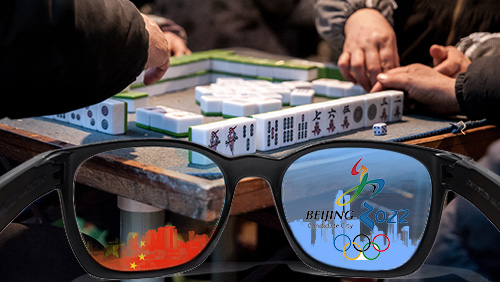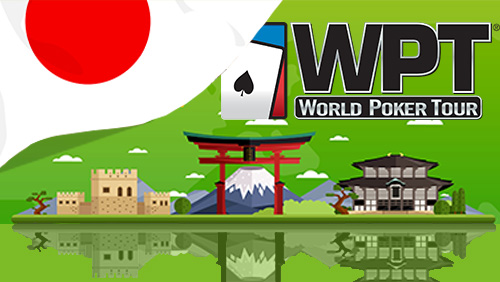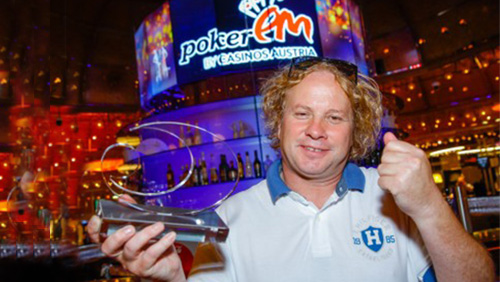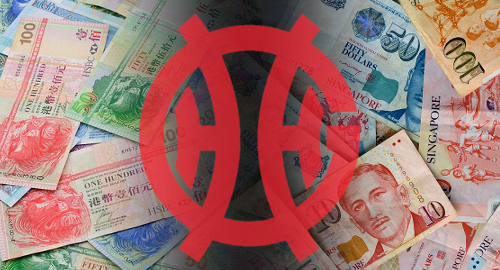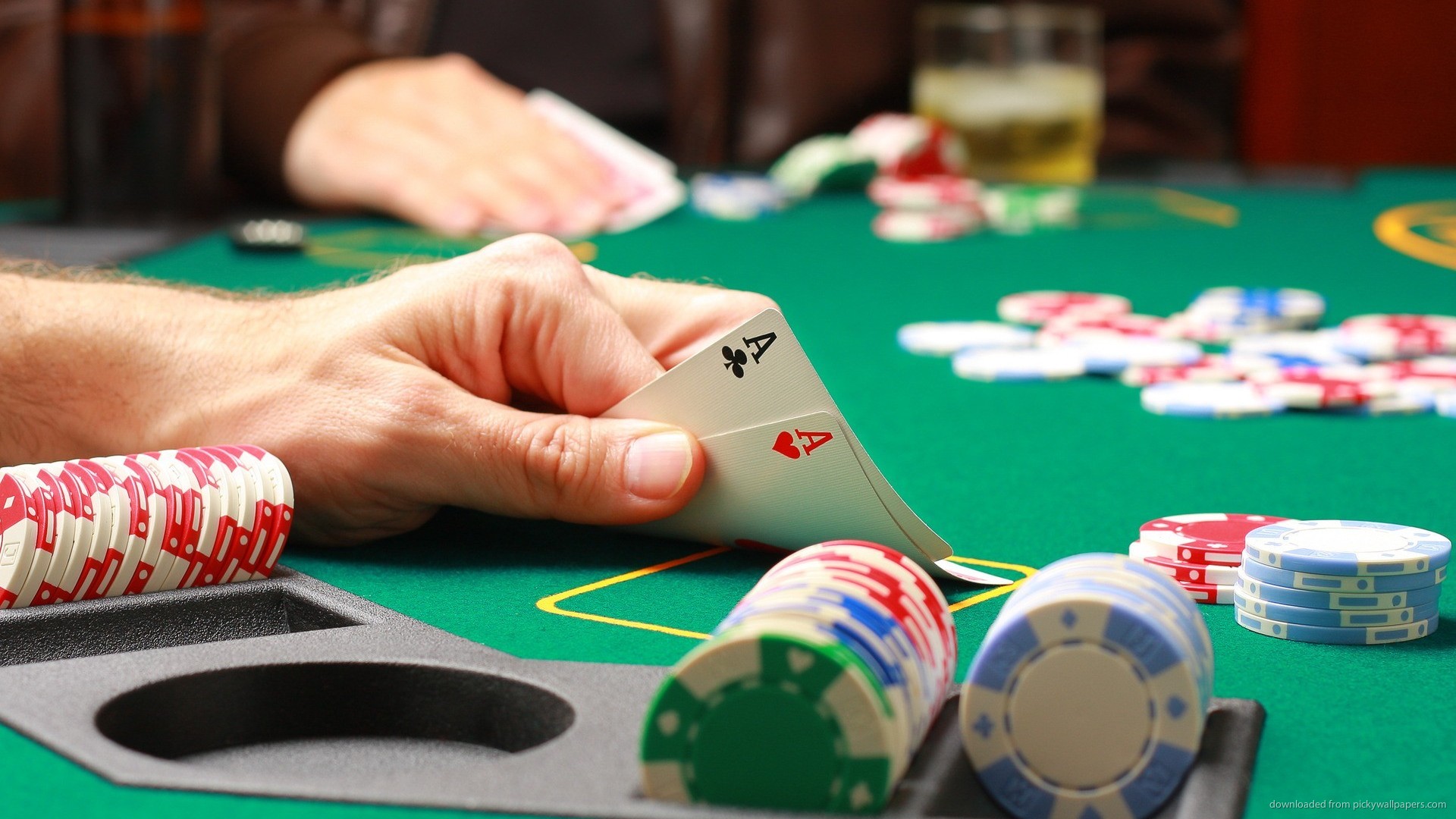Casino operator Silver Heritage Group has parted ways with its co-founder for as yet unexplained reasons.
On Wednesday, Silver Heritage informed the Australian Stock Exchange that Tim Shepherd, the company’s co-founder and president of business development and marketing, would be leaving the company as of September 30. Shepherd will reportedly hang on as an independent external consultant as of October 1.
While the company thanked Shepherd for his 14 years of service, it offered no explanation for the reasons behind Shepherd’s exit. The company also declined to specify who would fill the biz-dev and marketing role in Shepherd’s absence.
Silver Heritage is preparing to open its new Nepal casino, Tiger Palace Resort Bhairahawa, close to the teeming masses just across the border in the Indian state of Uttar Pradesh. Last week, Silver Heritage announced that its June entitlement offer had raised A$19m, which it says is sufficient to complete the Tiger Palace ahead of the resort’s scheduled partial opening of the property in September.

